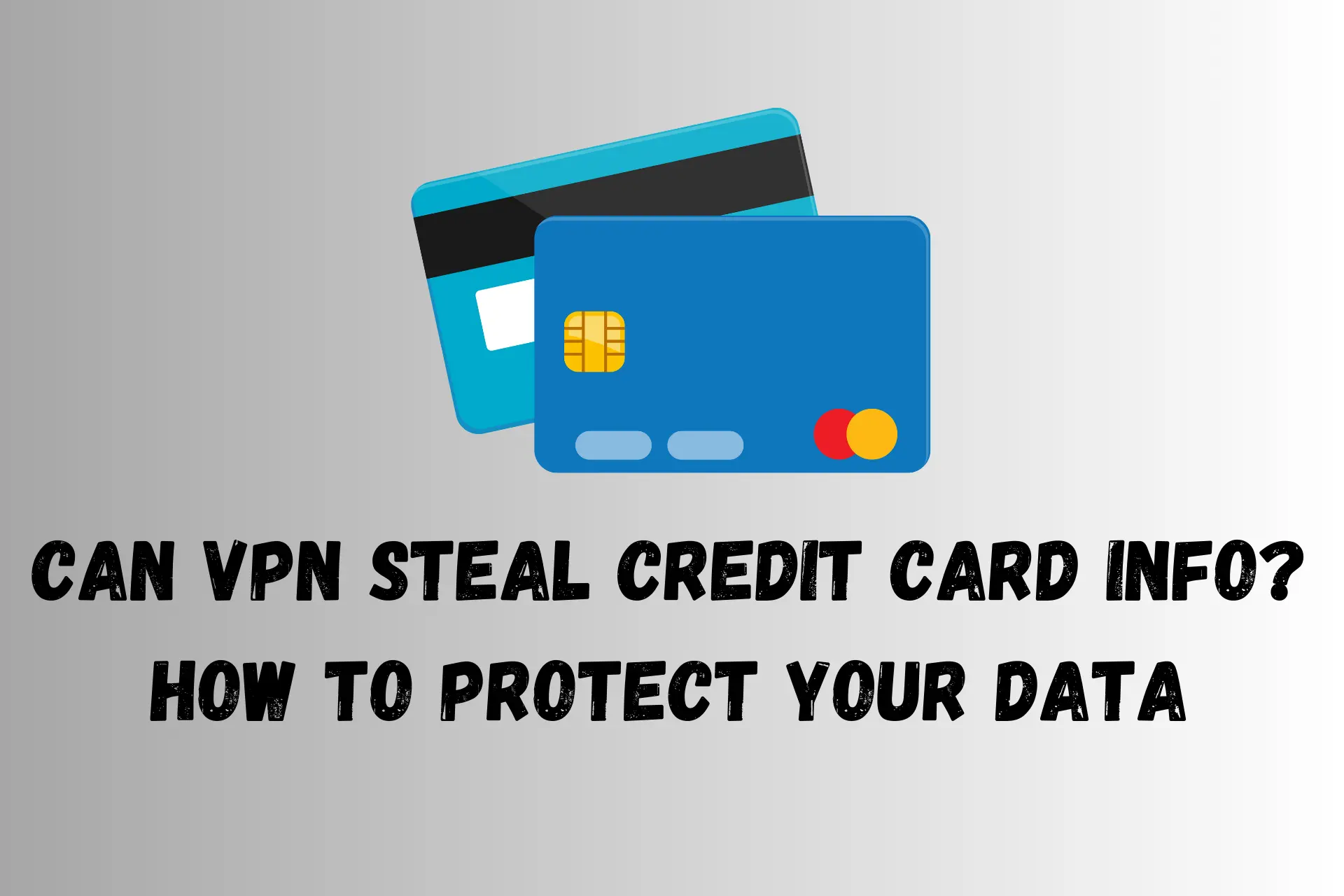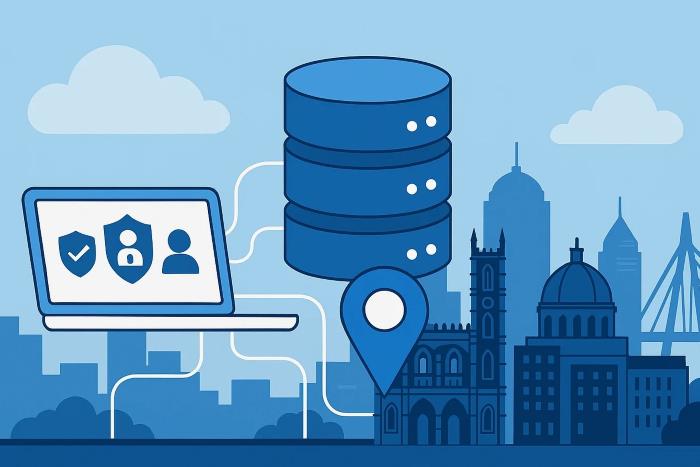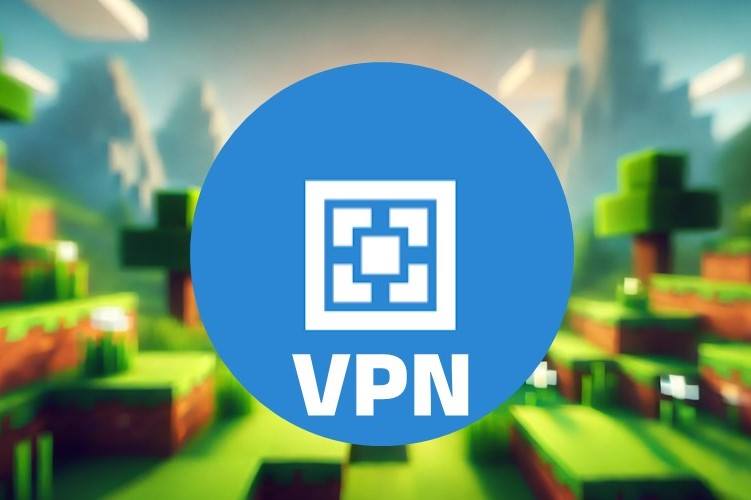Can VPN Steal Credit Card Info? [and How to Stay Safe]
4 min. read
Updated on
Read our disclosure page to find out how can you help VPNCentral sustain the editorial team Read more

Can a VPN steal your credit card information when shopping online? Are they truly safety tools or do they collect data?
With the high rate of cyber criminality today, online privacy and security have become invaluable. Consequently, a lot of people have adopted VPN as a go-to tool against cyber theft and privacy breaches.
However, some VPNs look sketchy and many people won’t trust them with their card info.
Overall, if you want to know how a VPN affects online banking and how secure your transactions are, keep reading!
Can a VPN steal credit card info?
No. A VPN cannot steal your credit card info. Trustworthy VPNs don’t log any of your traffic data, so you can rest assured and enter your account detail when you are connected.
Rather, a good VPN could help you protect your credit card from unsecured websites and data thieves.
VPN secures your data by encrypting and sending it through a secure tunnel. The encryption scrambles your info and makes it difficult for anyone to interpret it.
Moreover, many reputable VPN providers follow strict no-log policies. This compels them not to collect or store any user data, including credit card information.
However, untrusted VPN services may log your online activity without your knowledge or consent.
This could expose your credit card details to third parties, compromising your privacy and security.
So you should always make sure you only use reliable VPNs. When in doubt, check their privacy policy and make sure they have positive reviews.
Any negative experience regarding data retention is a big red flag.
Since you’re concerned about your card information, we compiled a quick guide on things you can do to protect it better.
How to protect your credit card information
- Avoid saving your credit card information on public or shared devices.
- Only use a secure website when making purchases online.
Secure websites use https:// at the beginning of the URL instead of http://. The “s” in https stands for “secure” and indicates that the connection to the website is encrypted.
This is usually accompanied by a lock icon, indicating that the website is secured with SSL/TLS encryption. - Enable two-factor authentication on your banking apps. This way, whenever you attempt to make a payment online, you’ll have to confirm it in two different places, usually using your mobile.
- Double-check the platforms you pay on. Many scammers attempt to create mirror sites that look exactly like legit online businesses, always check the URL to make sure it’s the correct one.
How do I know if a VPN is secure?
To make sure your credit card info is not stolen, you should only use a secure VPN. Below are the most important features to look for.
A secure VPN will always use a powerful and reliable encryption algorithm. A typical example of such is the military-standard AES-256 encryption.
You would also want to look at the tunnel type used by the VPN to encrypt and transmit data over the internet.
VPN tunnels such as SSTP, OpenVPN, IKEv2, and WireGuard provide a higher level of VPN security than others.
Another thing to consider is pricing. It’s important to note that while there are many free VPNs available, they may not always be secure.
Free VPNs usually have limited features. Plus, most of them make money by sharing your data with third parties which basically defeats the whole purpose of using VPN.
It’s best to opt for reputable VPNs from trusted providers, even if they come with a cost.
Unfortunately, using VPN for online security comes with some common concerns. One is the potential for a decrease in internet speed due to the encryption process.
Therefore, it’s essential to choose a VPN that provides fast and reliable connections.
Another concern is the legality of using a VPN in your country. Some countries may have restrictions or regulations regarding VPN usage.
Be sure to familiarize yourself with the laws and regulations in your region.
Summary
A VPN will not steal your credit card information because it can’t get ahold of it in the first place. Good VPNs don’t keep track of what you do online.
Every piece of traffic information is automatically deleted from their servers. You have to pay attention though and make sure you use a VPN that truly has 0 logs.
Many claim to be private, but actually do keep some sort of data. That said, the VPNs we recommend upon testing and reviewing are independently audited and proven to have 0 logs.









User forum
0 messages